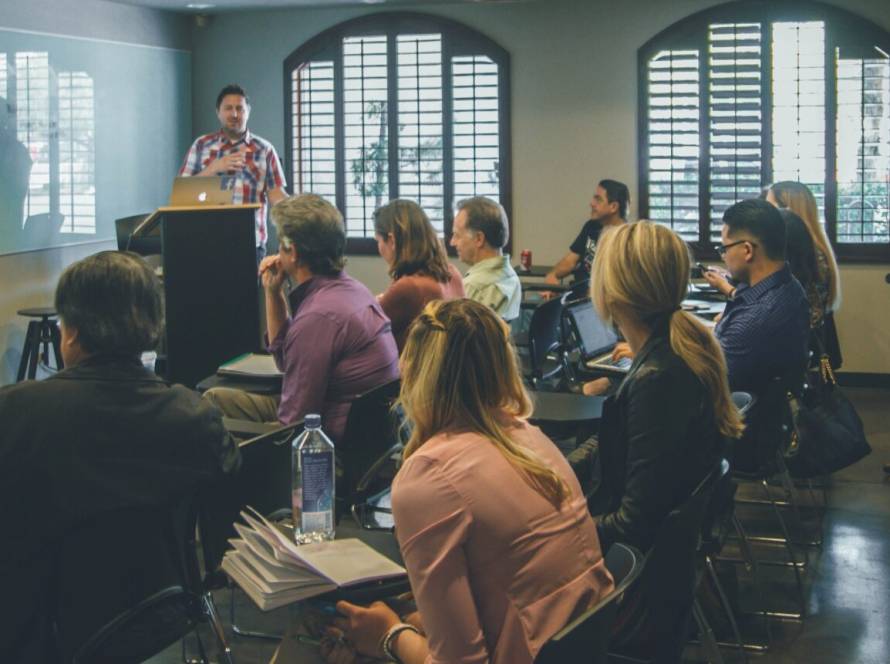In a world where technology is rapidly transforming the employment landscape, the completion of the Handbook on Policy Recommendations for the RESPO X application marks a significant milestone. This comprehensive document serves as a guiding light for policymakers, government officials, and organizations seeking effective strategies to navigate the challenges and opportunities presented by the evolving nature of work.
One of the important points highlighted in the handbook is the need for a paradigm shift in the skill sets required by the workforce. With automation becoming increasingly prevalent, the handbook emphasizes the importance of cultivating skills such as critical thinking, problem-solving, creativity, adaptability, and digital literacy. Recognizing that the future workforce must be equipped to handle tasks beyond routine automation, the handbook provides targeted policy recommendations to address this crucial aspect of education and training.
At the core of the RESPO X project is a strong commitment to transdisciplinary training practices. The handbook looks at successful examples, highlighting creative ways to break down traditional academic barriers. By showcasing these examples, the document not only inspires but also provides practical recommendations for institutions looking to implement similar strategies.
The handbook underscores the pivotal role of higher education institutions in preparing students for the demands of the future job market. It advocates for a proactive approach, urging universities and colleges to prioritize reskilling and upskilling programs. By aligning academic curricula with the evolving needs of industries, higher education can play a crucial role in ensuring that graduates are not only employable but are also equipped to thrive in dynamic, technology-driven workplaces.
A hallmark of the RESPO X Handbook is its reliance on evidence-based recommendations. Policymakers and stakeholders can trust the insights provided, backed by thorough validation of the RESPO X application and a comprehensive review of successful transdisciplinary training practices. The handbook stands as a testament to the best practices, offering a blueprint for crafting policies that are not only forward-thinking but also grounded in real-world effectiveness.



